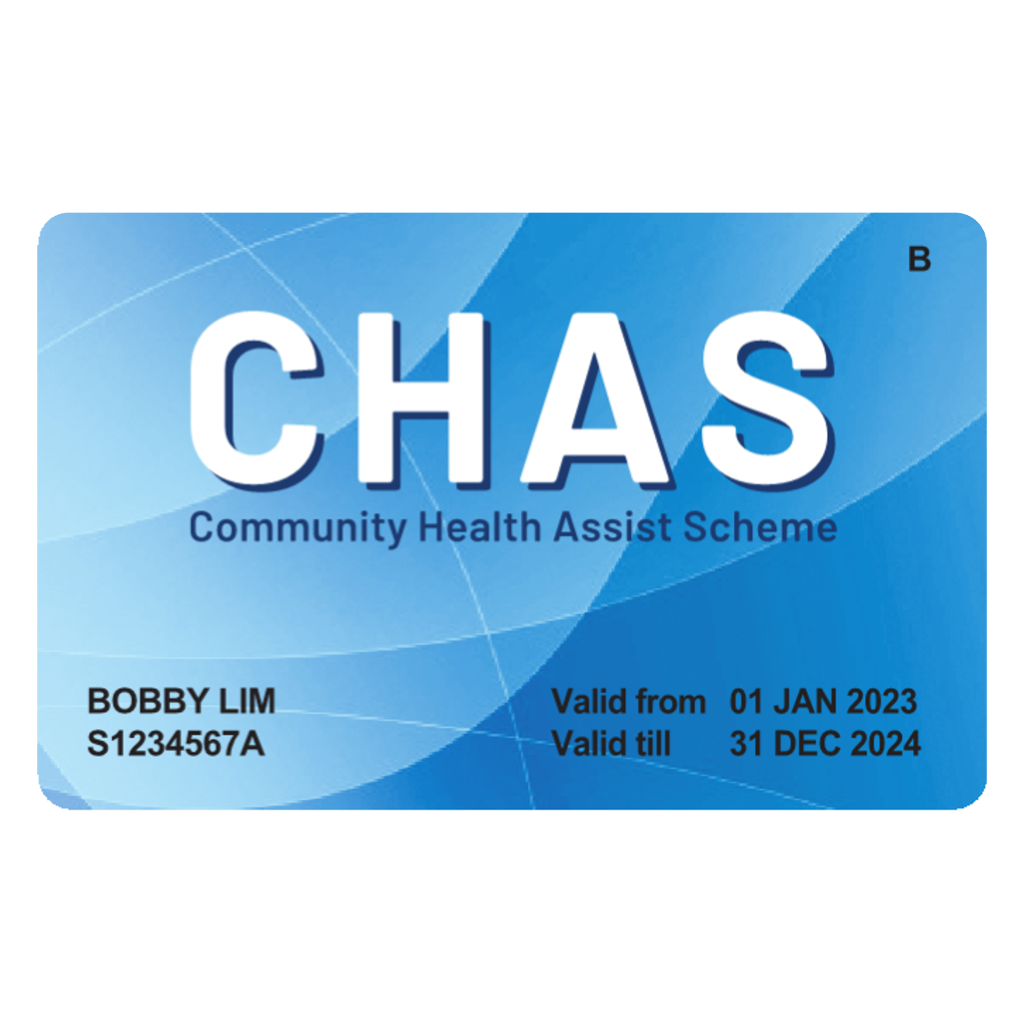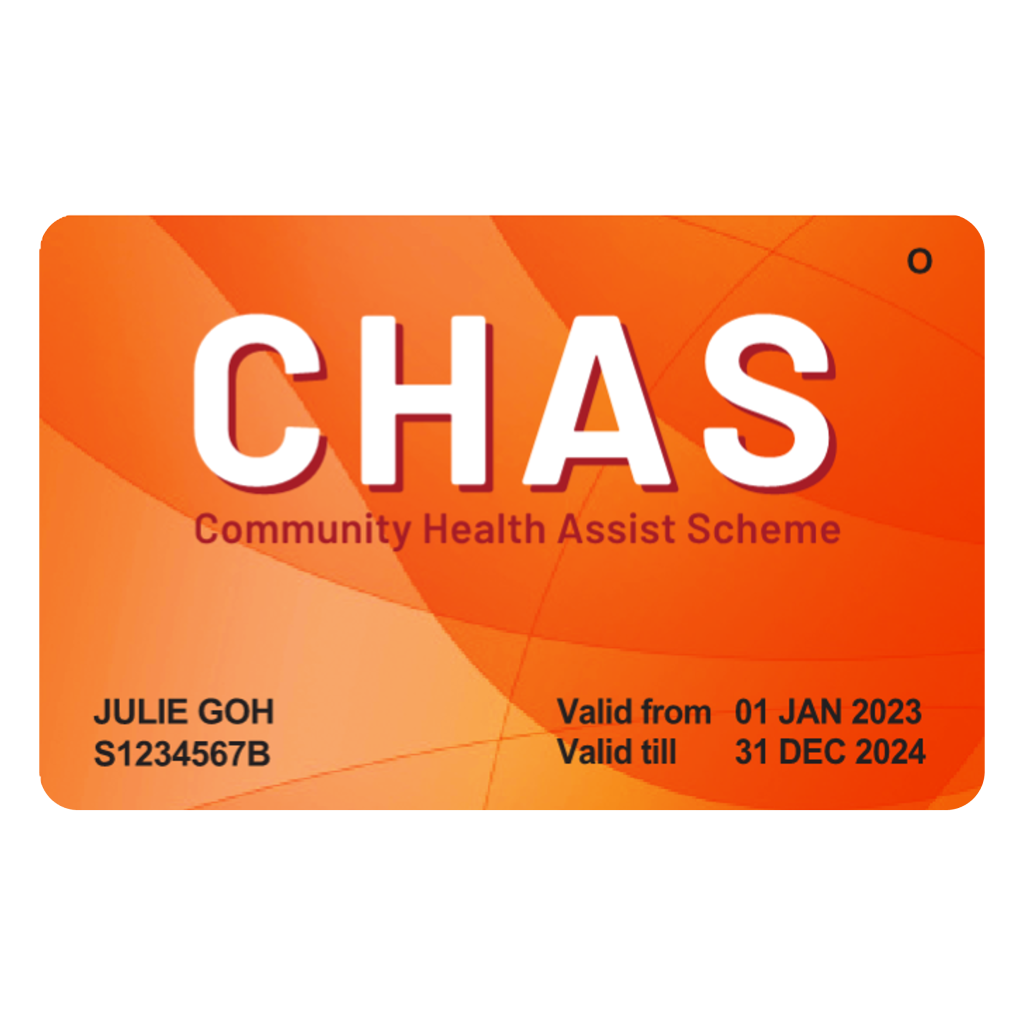Are you experiencing persistent tooth pain or sensitivity? You may be a candidate for root canal treatment. At Maple Dental in Singapore, we understand that the words “root canal” can cause anxiety for many patients. However, this common dental procedure is often misunderstood. In reality, root canal treatment is a safe, effective way to save an infected or damaged tooth and alleviate pain. This article will demystify the root canal process, explaining what it is, when it’s needed, and what you can expect during and after the procedure. By understanding the facts about root canals, you can approach this treatment with confidence and ease.
What is a Root Canal?
A root canal treatment, also known as endodontics, is a dental procedure designed to save a severely damaged or infected tooth. This treatment becomes necessary when the soft inner tissue, called the pulp, becomes inflamed or infected. Common causes include deep decay, repeated dental procedures, or cracks in the tooth.
The Procedure
During a root canal treatment, the dentist:
- Removes the infected pulp
- Cleans and disinfects the inside of the tooth
- Fills and seals the space to prevent further infection
The procedure is typically no more uncomfortable than getting a filling, thanks to local anaesthesia. At Maple Dental, we prioritise patient comfort throughout the root canal treatment process, ensuring a pain-free experience.
Why Do You Need Root Canal Treatment?
Root canal treatment is necessary when the soft tissue inside your tooth, known as the pulp, becomes infected or inflamed. This can occur due to deep decay, repeated dental procedures, or tooth trauma. If left untreated, the infection can spread, causing severe pain and potentially leading to tooth loss.
Common Signs You May Need Root Canal Treatment
- Persistent tooth pain
- Sensitivity to hot or cold temperatures
- Swelling in the gums or face
- Darkening of the tooth
At Maple Dental, we understand that the prospect of root canal treatment can be daunting. However, modern techniques have made the procedure much more comfortable and effective. Don’t delay seeking treatment if you experience these symptoms – early intervention can save your tooth and alleviate pain.
How Do You Know If You Need Root Canal Treatment?
Recognising the signs that you may need root canal treatment is crucial for maintaining your oral health. Persistent tooth pain that doesn’t subside with over-the-counter pain relievers is often a key indicator. You might also experience extreme sensitivity to hot or cold temperatures, swelling in the gums or face, and tooth discolouration.
Common Symptoms
- Severe, throbbing tooth pain
- Prolonged sensitivity to temperature changes
- Swelling or tenderness in nearby gums
- Darkening of the tooth
According to dental experts, these symptoms may point to advanced tooth decay, dental abscesses, or severe gum disease – all potential reasons for needing root canal treatment. If you’re experiencing any of these signs, it’s essential to consult a dentist promptly for a proper diagnosis and to determine if root canal treatment is necessary.
What Happens During Root Canal Treatment?
Preparing for the Procedure
Root canal treatment begins with your dentist numbing the affected area. They’ll place a dental dam to isolate the tooth and keep it dry. A small opening is then made in the tooth’s crown to access the infected pulp.
Cleaning and Shaping
Using specialised instruments, your dentist will carefully remove the damaged nerves, blood vessels, and infected tissues from the pulp chamber and root canals. They’ll then thoroughly clean and disinfect the inside of the tooth to prevent further infection.
Filling and Sealing
Once cleaned, the empty pulp chamber and root canals are filled with a rubber-like material called gutta-percha. This helps seal the tooth and prevent bacteria from re-entering. Finally, a temporary filling is placed to protect the tooth until a permanent crown can be fitted in a follow-up appointment.
Is Root Canal Treatment Painful?
Contrary to popular belief, root canal treatment is not a painful procedure. Modern techniques and anaesthesia have made root canal treatment much more comfortable than in the past. At Maple Dental, we prioritise patient comfort throughout the entire process.
During the Procedure
Your dentist will administer a local anaesthetic before beginning the root canal treatment, ensuring you feel little to no pain during the procedure. Many patients report that getting a root canal is no more uncomfortable than having a filling.
After the Treatment
While you may experience some soreness for a few days after the procedure, this discomfort is typically mild and can be managed with over-the-counter pain relievers. Most patients find that the pain they experienced before the root canal treatment is significantly reduced or eliminated entirely.
Root Canal Treatment Benefits
Root canal treatment offers numerous advantages for patients suffering from severe tooth decay or infection. This procedure helps preserve your natural tooth, allowing you to maintain proper chewing function and a natural appearance. By removing the infected pulp and sealing the tooth, root canal treatment effectively alleviates pain and prevents the spread of infection to surrounding tissues.
Long-term oral health
One of the key benefits of root canal treatment is its ability to save your natural tooth, which is crucial for preserving dental function and overall oral health. This procedure is often preferable to extraction, as it allows you to keep more of your natural tooth structure.
Pain relief and comfort
Contrary to popular belief, root canal treatment is not as painful as commonly perceived. Modern techniques and anaesthesia ensure a comfortable experience, effectively relieving the severe pain associated with infected teeth.
Root Canal Treatment Aftercare and Recovery
Managing Discomfort and Promoting Healing
After a root canal treatment, patients may experience minor side effects like pain, swelling, and sensitivity. To facilitate faster recovery, maintain excellent oral hygiene by gently brushing and flossing around the treated tooth. Consume a soft, nutritious diet and avoid hard, chewy, or spicy foods that could irritate the area. Take any prescribed medications as directed to manage pain and inflammation.
Follow-Up Care and Precautions
Use a cold compress and warm salt water rinses to alleviate discomfort. Attend follow-up appointments and contact your dentist if experiencing severe symptoms. Avoid strenuous activities and heavy lifting, which could worsen symptoms. Don’t eat or drink hot items until the anaesthetic wears off, and avoid chewing on the treated tooth. It’s crucial to complete the full treatment protocol by having the final crown placed as soon as possible to protect the tooth and ensure optimal healing.
Maple Dental’s Commitment to Patient Comfort and Safety
At Maple Dental, we prioritise your comfort and safety throughout every step of your root canal treatment. Our experienced team utilises advanced technologies and sedation dentistry options to ensure a relaxed, pain-free experience. We employ state-of-the-art equipment, including digital radiography, which minimises radiation exposure while providing precise imaging.
Personalized Care
Our dentists take time to thoroughly explain the root canal procedure, addressing any concerns you may have. We offer tailored sedation options, from mild nitrous oxide to deeper IV sedation, based on your individual needs and anxiety levels.
Rigorous Safety Protocols
Maple Dental adheres to the strictest sterilisation and safety standards, creating a clean, secure environment for your treatment. Our team continuously monitors your vital signs during the procedure, ensuring your well-being at all times.
FAQs About Root Canal Treatment in Singapore
What is a root canal and when is it needed?
A root canal treatment is a dental procedure that removes infected or inflamed pulp from inside a tooth to save its natural structure. It’s typically needed when tooth decay reaches the pulp, causing persistent pain, sensitivity, or swelling. According to Figs Dental, root canals are often the best way to save a natural tooth rather than extracting it.
How much does root canal treatment cost in Singapore?
The cost of root canal treatment in Singapore generally ranges from SGD 500 to SGD 1,400, depending on factors like tooth location and procedure complexity. Government subsidies like CHAS and Medisave can help reduce costs for eligible patients. Seniors may also benefit from enhanced dental subsidies through the Merdeka Generation and Pioneer Generation schemes.
Is root canal treatment painful?
Contrary to popular belief, modern root canal procedures are relatively comfortable. Local anaesthesia is used to numb the area, and any post-procedure discomfort is typically mild and manageable with over-the-counter pain medication. Most patients experience full recovery within a few days to a couple of weeks.
Conclusion
In conclusion, root canal treatment is a vital procedure that can save your natural tooth and alleviate pain caused by infection or inflammation. By understanding the process, dispelling common myths, and following proper aftercare, you can approach this treatment with confidence. At Maple Dental in Singapore, our experienced team is committed to ensuring your comfort and safety throughout the entire root canal procedure. If you’re experiencing persistent tooth pain or have been advised that you may need a root canal, don’t hesitate to book a consultation with us. Take the first step towards a healthier smile and contact Maple Dental today for expert tooth pain treatment and compassionate dental care.
If you want to maintain your oral health, visit Maple Dental, your trusted dental clinic in Kovan. Serving Kovan, Hougang, and Serangoon, we provide a range of services, from scaling and polishing to wisdom tooth pain relief. Our experienced dentists offer personalised guidance, ensuring your dental health is always in top shape. Learn more about the dental subsidies you may be eligible for, including benefits for blue CHAS card holders, Merdeka and Pioneer generations, and find out how to make the most of your dental care with us!
















